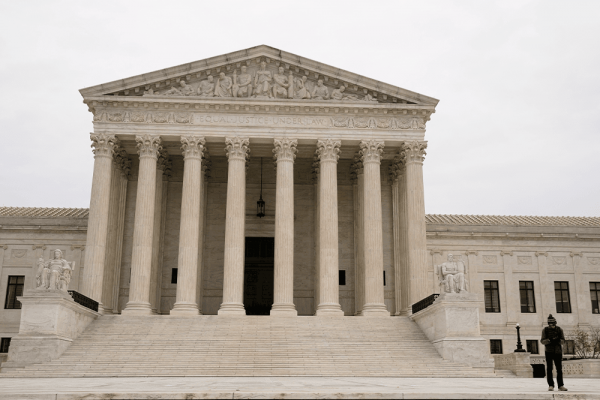Dec 9, 2021
Conservative Supreme Court justices on Wednesday appeared ready to further expand public funding of religiously based entities, indicating sympathy toward a challenge by two Christian families to a Maine tuition assistance program that excludes private schools that promote religious beliefs.
Read the Full Article

Already a subscriber? Login
